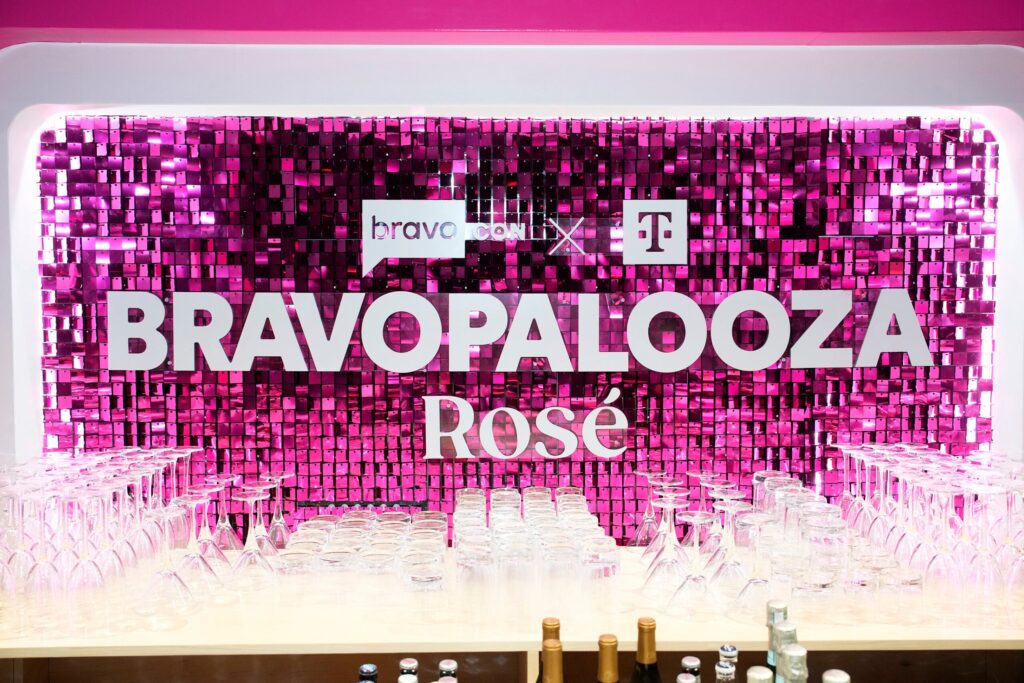The account is going great when, all of a sudden, your client contact asks you to stay back after a routine meeting. He tells you either that it’s completely over, or that he’ll be having a “shootout” and you’ll have a chance to keep “your” business.
You huddle back at the agency, expressing shock and confusion. You “can’t understand” what happened. After the denial period wears off, you experience an awakening. You remember the “little things” that cropped up which, at the time, didn’t seem like much. In retrospect, they take on greater magnitude.
What happened? If you remember uttering any of these 10 phrases during the relationship, you know:
“Same Song, Second Verse”
Agencies exist to develop business-building ideas that efficiently give clients a competitive edge. Period.
Everything else contributes to developing, implementing, and evaluating these ideas, which are perishable over time. There’s no competitive edge if everybody is doing them. Agencies sometimes get comfortable and keep doing variations of the same concept. But the safe choice can make you sorry later on.
“Don’t Clutter My Mind With Anything New”
You win the business. You have the mind-numbing “briefing day.” You start developing concepts, and you’re off. Project lists fill up. You’re in “doing it” mode, running at 150 percent.
Unfortunately, that “briefing day” becomes history. And what you know about the client and its competitors becomes dated. Pretty soon, you’re “fighting today’s war with yesterday’s strategies.”
“We Don’t Do That”
Integrated marketing gives your clients more possible places to get a competitive advantage.
Most agencies should, at a minimum, offer the following services: sales promotion, merchandising, direct/CRM, co-marketing/account-specific, multi-cultural marketing, interactive, event marketing, experiential/urban marketing. Within this portfolio should be a strategy, or a combination of strategies, that help your client win.
“Your Logo Goes Here”
A client once challenged me before a presentation: “I don’t want to see ideas where I could put my competitor’s logo on the board without a change.”
The idea has to build and specifically reinforce the brand essence. So you must have an in-depth understanding of what makes the brand special.
“It’s About What I Expected”
This may be a good comment if you run a fast-food chain, but it can spell disaster for an agency. You must stretch the client’s horizons with innovative thinking. We usually present three concepts: one we think they’ll probably do, one we think they might do, and one we think they’ll never do.
You guessed it. The “never-do” alternative (or at least part of it) more often than not gets selected. Don’t assume the client is always looking for comfortable solutions.
“Where Do You Sell This Stuff?”
Any successful promotion must take the sales channels into account. Otherwise, the most creative idea falls flat, as merchandising support evaporates and the sales force screams for trade deals to make their numbers.
So check stores, go on a few headquarters calls, read some trade journals. Understand the channels, and make the client happier.
“We Don’t Have an Agency Bill of Rights”
This is the client’s right to the Right Idea at the Right Time in the Right Place at the Right Cost. Right Now! Usually, this is laid out in the initial contract and agreement. Sounds simple and obvious, right? But it sets up expectation and simple evaluation criteria.
If the agency isn’t delivering on any of these, it needs to understand why and fix it. Maybe the client isn’t getting the right idea, for instance, because she hasn’t set the right objectives.
“That Will Cost You Extra”
Last-minute changes are the rule, not the exception. Business situations change. Competitors do unexpected things. The agency must be prepared with systems in place to accommodate them.
It drives clients crazy to see a lot of added charges for changes that shouldn’t be a crisis or over-time situation. So be sure that you’re ready for the “last minute.”
“Hey, It’s Only Money”
This can really get you in trouble. Great ideas? Yes. But not at the expense of profitability.
The best statement about being budget-conscious came from a client of mine: “Throw around nickels like they’re manhole covers.” This means detail-oriented budget monitoring and tracking systems. Quick information flow is also critical. There should be no surprises when the client gets the final invoice.
“They’ll Work It Out”
This is a people business. At crunch time, client and agency may spend more time with each other than with their spouses. Without mutual respect and a desire to work together, the relationship can unravel pretty quickly.
Be sure the right people are on the business. Understand personality types and avoid obvious inconsistencies.
That’s it. Avoid using these phrases and you just might avoid that dreaded meeting, too.
Bill Sinnott is group president of Ryan Partnership, Westport, CT. He can be reached at bsinnott@ryanpartnership.com.



